As Australians vote in the same sex marriage survey, the national debate has focused on anxiety over whether religious freedom could be negatively affected. So what exactly does discrimination law say on the issue? Professor Carolyn Evans investigates.
A couple of months ago, the debate over same sex marriage was about same sex marriage and, to some extent, the best mechanism for determining whether Australia should change the law to allow it. Now it seems to be about everything from religious freedom and political correctness, to school curriculum and free speech.
And it’s the discourse around religious freedom that appears to have taken centre stage for those concerned about changes to the law.
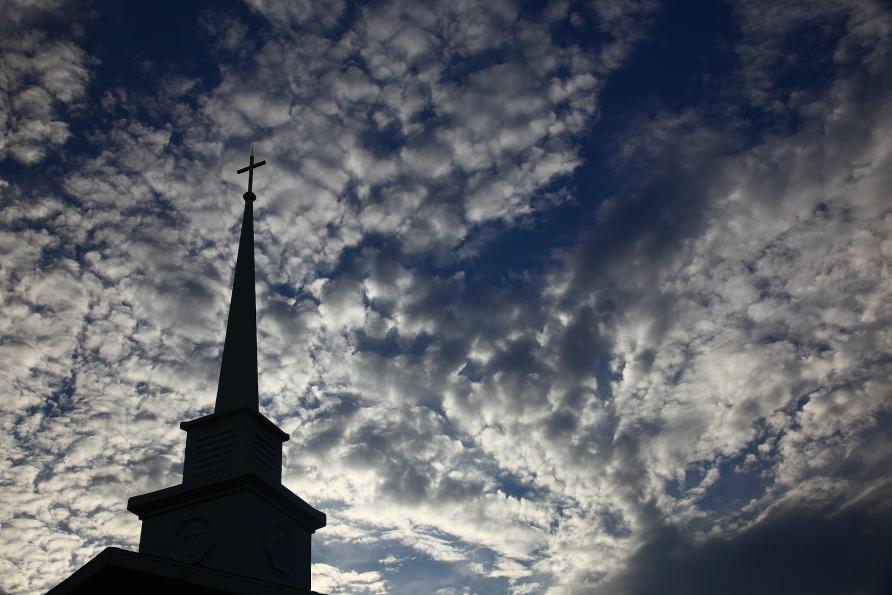
So what are the legal and political realities when it comes to religious freedom and the issue of same sex marriage?
Show us the legislation
One argument that is now raising its head is that people should have been shown the full legislation before being asked to vote to see whether it adequately protects religious freedom.
Parliament is the place for negotiating the detailed trade-offs between competing values and interests. If the question as to whether we should allow same sex marriage is to be resolved in the detail of these negotiations, then the whole matter should have been left to Parliament in the first place. Once you ask people their views, you need a relatively simple and straightforward yes/no question.
The criticism of the Government for failing to release the legislation therefore looks like a way of trying to undermine any result that may emerge in favour of same sex marriage.
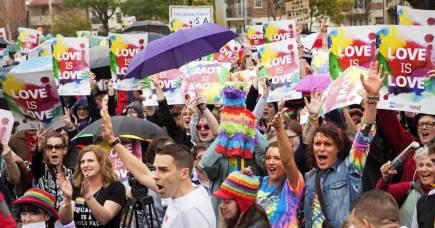
Why more Australians are supporting gay rights
Of course, even if the Government did release draft legislation, there is no guaranteeing that the combination of Senate crossbenchers and free conscience major party members would allow it to pass in the draft form. And then it would be possible to say that it was not the legislation that people voted for and so it should be ignored.
Having pushed for the involvement of the Australian people, those opposing same sex marriage should not be trying to create conditions that legitimise ignoring that opinion if they don’t like it.
Religious marriages and same sex marriages
Assuming that the plebiscite does result in a law on same sex marriage being introduced, then issues of the conflict between such a law and religious freedom comes to the fore. However, far from being something new, these conflicts are the same, in most cases, as are raised currently in many situations involving tension between a religious conviction and discrimination law.
The most significant conflict between religious freedom and same sex marriage is the issue of forcing religious ministers to marry same sex couples in a religious ceremony. If the law required this it would be a serious undermining of religious freedom as it would intrude on core religious teaching and practice.
It is clear, however, that religious bodies will be protected under whatever law emerges from Parliament, just as they are in the other countries which have introduced such laws.
No serious organisation in Australia is suggesting otherwise.
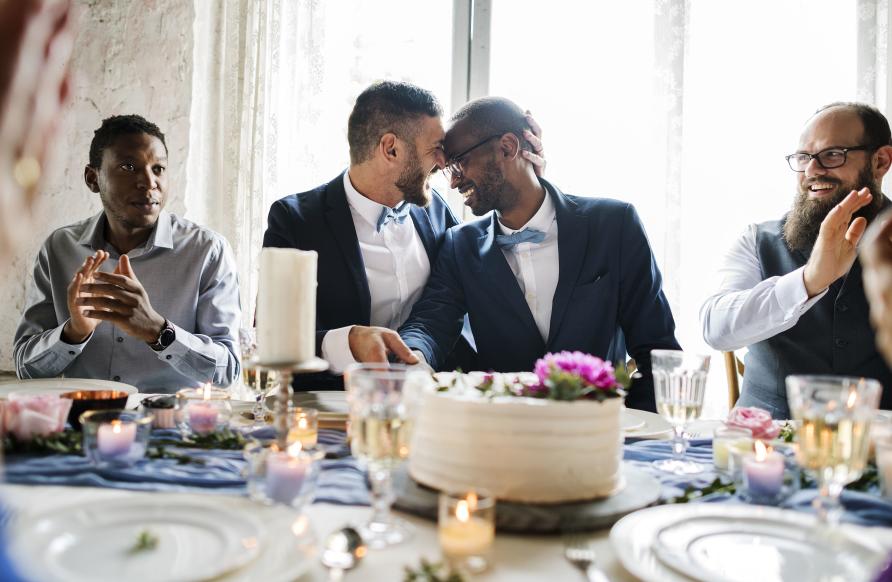
Religious organisation and same sex marriage
The next area of potential conflict is between religious organisations whose work might intersect with same sex marriage in various ways. This may include a reasonably close connection to the ceremony like hiring out a parish hall for a wedding reception, to more distinct connections – for example, employing someone in a same-sex marriage at a religious school.
Under current discrimination laws, which differ a little from State to State, religious organisations are given some exemptions from the operation of discrimination laws when it is necessary to do so to act in compliance with their religion.
The law in Victoria says the non-discrimination provisions do not apply to:
“anything done on the basis of a person’s religious belief or activity, sex, sexual orientation, lawful sexual activity, marital status, parental status or gender identityby a religious body that:
(a) conforms with the doctrines, beliefs or principles of the religion; or
(b) is reasonably necessary to avoid injury to the religious sensitivities of adherents of the religion.”
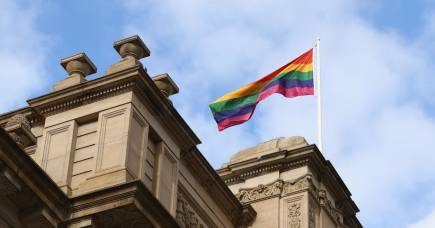
The legal maze of the marriage equality survey
A similar protection is expressly given to religious schools in Section 83 and the selection and training of religious ministers is wholly excluded from the Act.
This would allow a religious organisation to refuse to be involved in a same sex marriage if such rejection conformed with its doctrines and is reasonably necessary to avoid injury to religious sensitivities. This would protect religious organisations from the indirect association with same sex marriage that may concern them.
It also allows many religious employers such as religious schools, hospitals and aged care facilities to discriminate against gay and lesbian employees or service recipients. Catholic Archbishop Hart made this clear when he announced that gay couples who married and who were working in Catholic organisations would be sacked.
These protections are very generous towards religious organisations and would certainly not need further strengthening if the law was to be changed.
Religious individuals and same sex marriage
The next question is the extent to which individuals who are opposed to same sex marriage for religious reasons should be required to provide services to the wedding or to same sex married couples.
Currently, discrimination law does not provide the same protection for religious individuals as it provides for organisations. There are good reasons for this. Allowing each individual to determine according to his or her religious convictions which laws they will keep and which they will disregard raises the troubling spectre of a religious diverse society in which each individual is a law unto themselves.
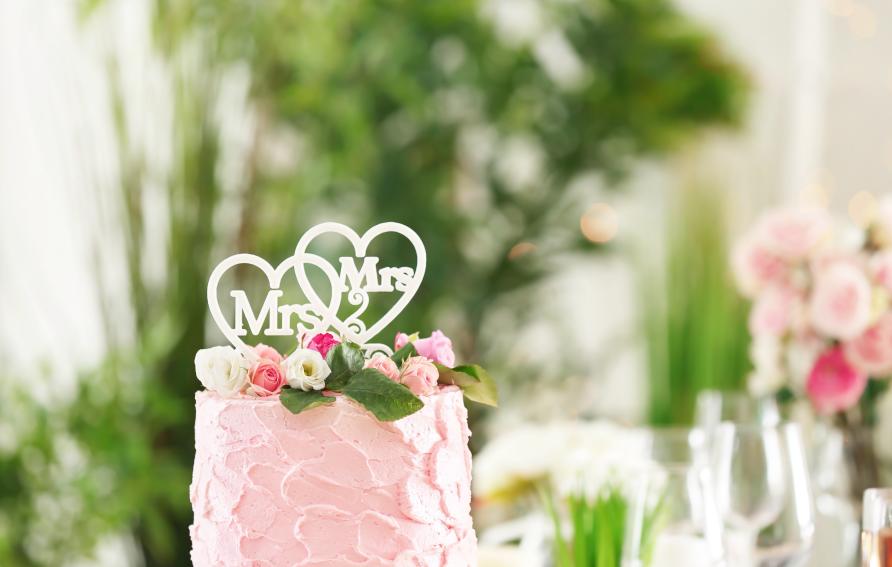
The debates about the extent to which the laws should allow exemptions for religious individuals who object to them is not new and is not restricted to same sex marriage. It includes everything from segregationist churches in the US who wish to discriminate on the basis of race, to pacifist Quakers looking to withhold tax that goes to defence spending.
As with any conflict between rights, the debate is one on which reasonable minds might differ and there are sometimes good reasons for giving exemptions on religious grounds. With respect to non-discrimination law, however, the current balance between protecting religious institutions but not religious individuals provides evidence that it is a sensible principle to continue with respect to same sex marriage.
Changing values, changing laws and practices
The final set of religious-related worries about same sex marriages are somewhat more amorphous and cover everything from homosexuality being taught in schools to a claim that will be impossible to criticise same sex marriage if it becomes law.
Most of these concerns are baseless. Australian law has allowed for no-fault divorce for decades and the Catholic Church still preaches that divorce is prohibited for Catholics and refuses to marry divorced couples. Religious groups would still be entitled to both criticise the laws if they pass and encourage their own adherents to behave differently. The implied constitutional protection of political communication would make it difficult for parliament to outlaw criticisms of the changes to the Marriage Act even if it wanted to.
Australian values are changing so that religious views on sexuality, which were once mainstream, are now increasingly in the minority. Churches and religious individuals may well criticise sexual behaviour which is not consistent with religious teachings, but they now need to expect an equally vigorous response and criticism. It may be confronting but it is not the quelling of free speech, but rather the robust debate on which free speech thrives.
Similarly, it is probably true that public school teaching about sexuality will change but that is not linked to whether same sex marriage laws are enacted. All of these various changes are coming from the same source – an Australian community which now has quite different values to mainstream religions on a wide variety of matters relating to sexuality. As those values change, they will be reflected in a wide variety of laws, practices and social pressures.
Stopping same sex marriage will not put that genie back in the bottle, any more than hyperbolic rhetoric that suggests that requiring people not to discriminate against same sex couples who chose to marry will destroy religious freedom.
ABOUT
Professor Carolyn Evans is the former Dean of the Melbourne Law School at the University of Melbourne.
“This article was first published on Pursuit. Read the original article.”










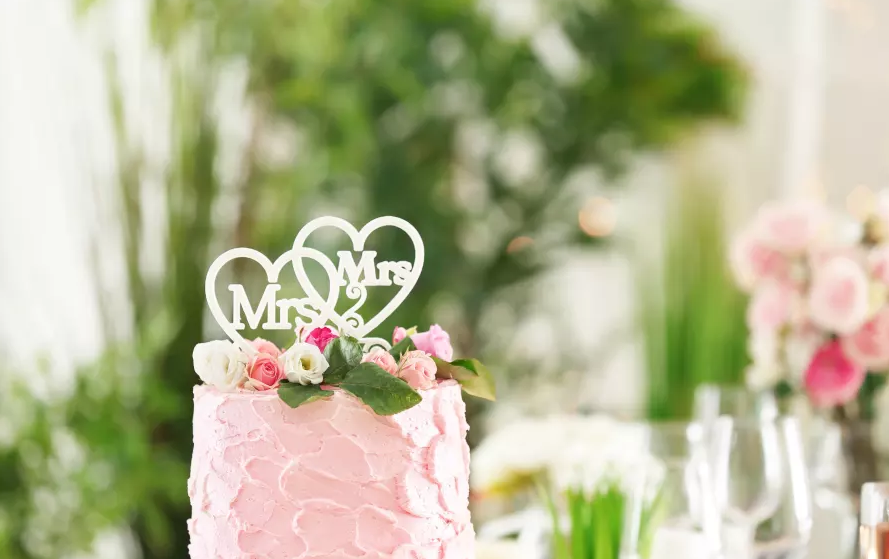










Add Comment